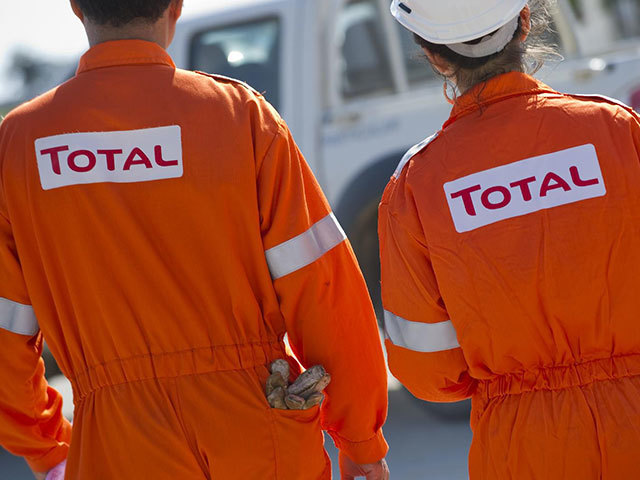
North Sea operators Total and Statoil both posted forecast-beating first quarter results yesterday, though profits still suffered amid the ongoing low oil price carnage.
Paris-based Total said adjusted net profits fell 37% to £1.1billion, from £1.8billion a year earlier, beating the £822million prediction of market experts at news agency Reuters.
Norway’s Statoil said underlying operating earnings plunged 70% from a year ago to £587million due to lower oil and gas prices, with its figure around £16million higher than analysts were expecting.
Total, whose results were boosted by start-up from the £3.5billion Laggan-Tormore gas development west of Shetland earlier this year, said a 4% increase in production and strong performance in refining and chemicals helped limit the impact of a prolonged fall in oil prices.
The French firm’s hydrocarbon output rose to 2.479million barrels of oil equivalent (boe) per day, compared with the same quarter last year, a level in the quarter last seen 10 years ago.
Like its peers hurt by prolonged low prices and market oversupply, Total said it was cutting costs and aimed to spend less than the £13billion it had budgeted for investments in 2016.
It said it was on target to achieve planned savings of £617million in 2016.
The company said its upstream operation had the lowest technical cost among oil majors at $23 per boe, compared with peers at $26 to $44 boe.
Total’s upstream division, including current UK production from operated fields in the Alwyn/Dunbar area in the northern North Sea, Elgin/Franklin in the Central Graben region and the new Laggan-Tormore hub, generated net operating income of £341.3million in the first quarter.
Total – whose first quarter sales slid by 22% to £22.5billion – said it aimed to reduce its cash break-even point to $40 per barrel, compared with $45 announced in February.
Statoil said the global oil market was approaching a balance between supply and demand, offering a glimpse of optimism on the crisis-stricken industry.
Cost-cutting helped the company beat analysts’ forecasts as plans to slash about £1.7billion in annual costs from this year and axe up to 19% of its workforce, compared to at the height of the crude price boom, start to take effect.
Statoil chief executive Eldar Saetre said: “Whether it will be $80 (per barrel of Brent crude) in 2018, or sooner or later? That is uncertain. But we are confident on the direction towards a rise in prices.”
The Stavanger-based company reported first quarter pre-tax profits of just over £1.1billion, against losses of more than £2.1billion a year earlier, after a 35% fall in total revenue and other income to £6.9billion.
A Statoil spokesman said the firm’s £4.5billion-plus Mariner project east of Shetland was progressing according to schedule.
He added: “The jack-up and Mariner B (floating storage unit) will arrive after summer and we will start pre-drilling of wells in the autumn.”
Recommended for you
